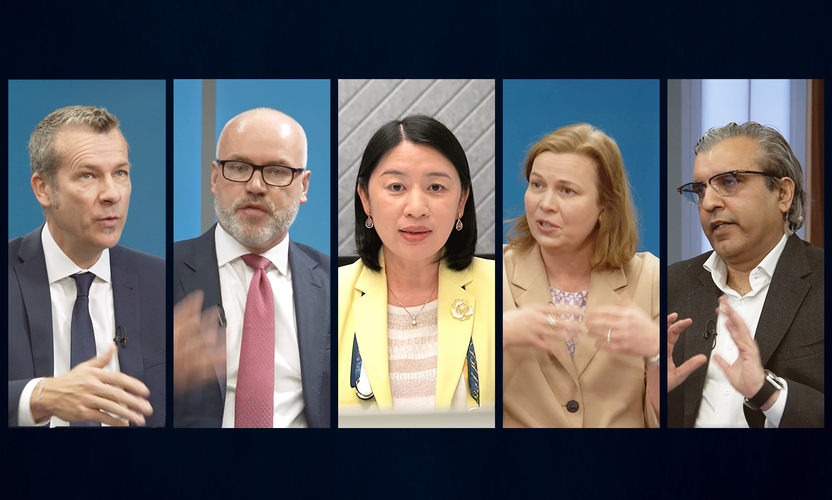Protein and profits
The spread of African Swine Fever in China has been fast and severe. It will have implications beyond the country’s borders. Official figures show that the Chinese herd has fallen by over 20 per cent year on year, while local estimates suggest that the real number could be closer to 30-40 per cent. China accounts for just under half of all worldwide pork production and the outbreak means protein prices are rising both in China and globally.
This should benefit meatpackers. Integrated producers (those that raise animals for slaughter themselves) are likely to gain the most, as they keep the whole increase in meat prices versus those that buy live cattle and pigs.
Meanwhile, China will have to import up to 17 million tons of pork to plug its production gap. Given Chinese tariffs on US imports, volume growth may particularly benefit Brazilian producers. On the other hand, demand for feed in China could fall due with fewer animal mouths to feed. China’s soybean imports may drop as much as 15 per cent due to ASF.
As an example, shares in JBS, a Brazilian meatpacker, have more than doubled since the outbreak, at least in part because of ASF. The company’s profits have been boosted by both higher prices for their animals, which they raise themselves and accounts for 35 per cent of profits, and increased demand for their exports.
Source: China Ministry of Agriculture, Morgan Stanley Research, May 2019.
No cure, no vaccine
Looking around the rest of the world, there is concern that other countries may also experience an outbreak. ASF is currently present in the wild boar population of Belgium and has been found in Poland, Ukraine, Vietnam and Cambodia.
Any spread into the domestic pig population in Western Europe would be as damaging as in China, as the disease has no cure or vaccine so all infected pigs die within days. The region accounts for around a fifth of global pork production and such a spread would exacerbate the impact of ASF on protein markets.
An outbreak in the US would also be significant, given that it accounts for 10.5 per cent of global pork production, but this is less likely because of the relative geographical isolation of the country.
The long view
Overall, ASF means higher domestic inflation from meat prices. This impact has not been offset by lower soft commodity prices, due to delays in corn and soy planting in the US due to flooding. One company we spoke to in China expected pork prices to eventually double from 2018 levels.
This is not a temporary spike. It is likely to take years for the global supply of pork to return to normal levels; and previous ASF outbreaks took between five and 30 years to eradicate. In addition, at this stage in the crisis, Chinese farmers are very cautious about buying reproductive sows to rebuild their herds, as the sows themselves may contract ASF, rendering the investment worthless.







































